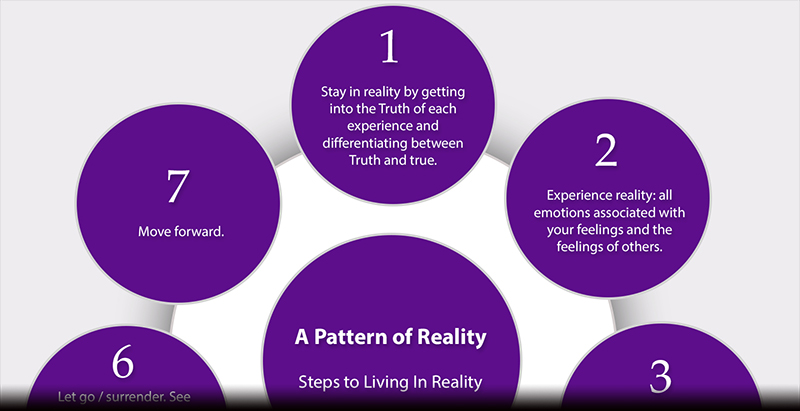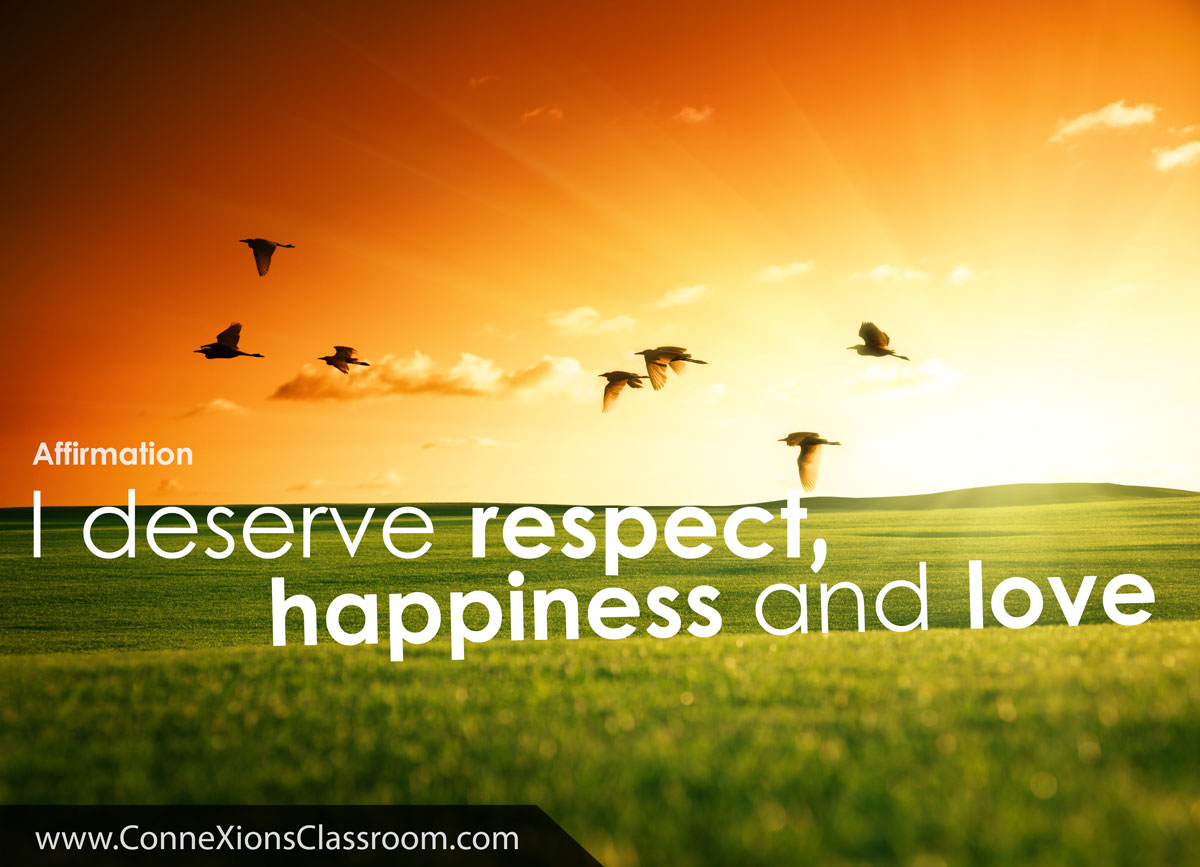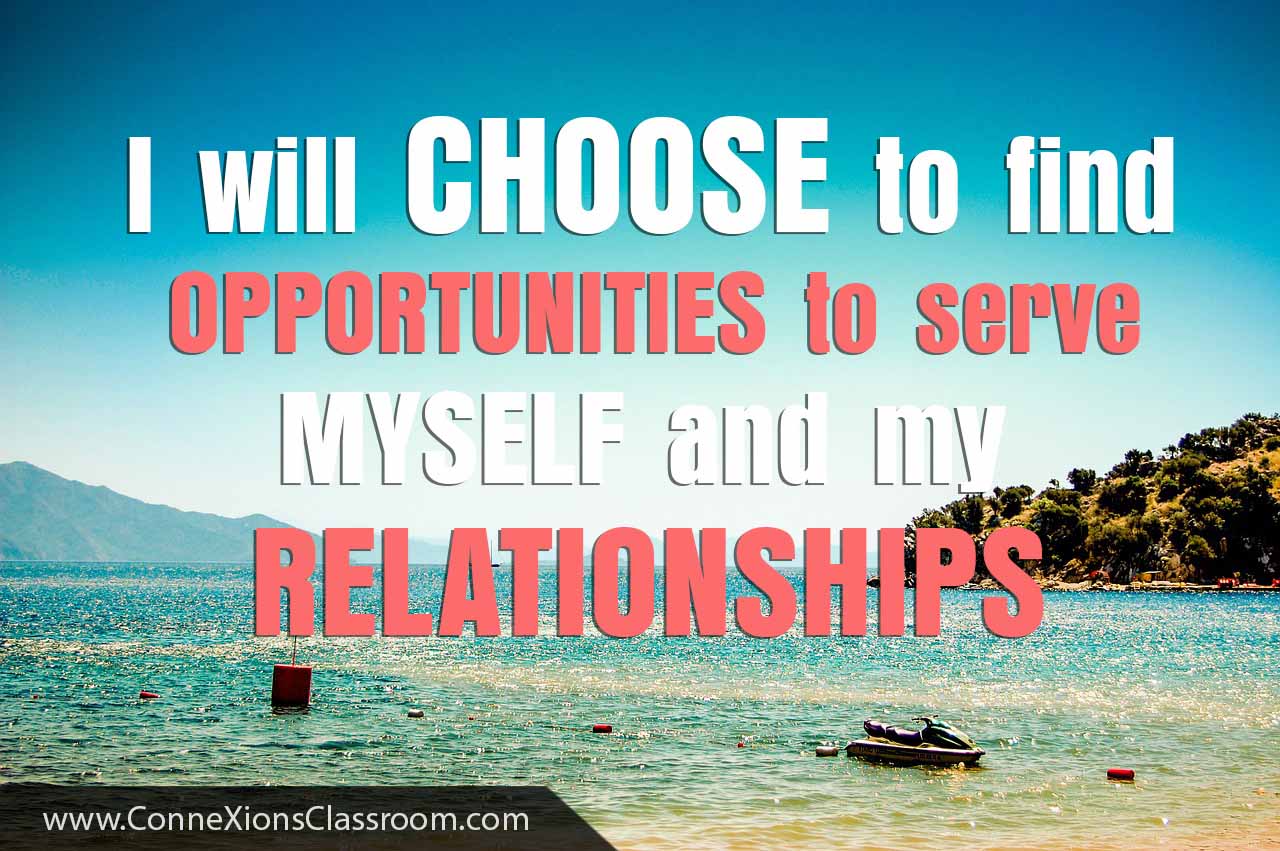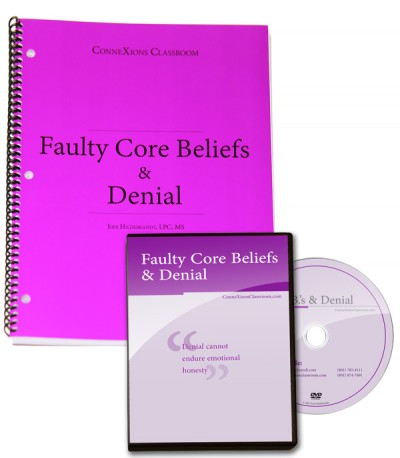“You will find peace not by trying to escape your problems, but by confronting them courageously. You will find peace not in denial, but in victory.”
~ J. Donald Walters
Inattention Blindness
Denial is incredibly strong stuff. We’re actually wired to only see what we train our attention on, so we’re physiologically prone to denying anything we don’t want to “see.” If you haven’t seen the video below before, give it a quick watch.
Denial is Emotional
Sure, denial is different from inattention blindness, but not much. Denial is essentially the emotional version of the same thing. And our brains are extremely good at using it. In one sense, it’s necessary for us to deny certain events, traumas, and even facts; denial, like inattention blindness, protects us from “overload” and prevents us from becoming paralyzed by emotional stimuli. Just as we can’t learn everything at once, so also we can’t emotionally and spiritually accept and understand everything at once. In this sense, denial allows us time to come to terms with a rotten test score, lost job, divorce, death of a loved one, or other traumatic event. The most important thing is to recognize and become conscious of our own denial.
How to “Stop” Denial & Live in Reality
The next step is to begin living in reality. But if denial is so powerful (even natural!), how does one simply “stop” denial? Well, of course the goal is not to never use denial; the goal is to be more aware of when we use denial, so that we don’t blame our “emotional inattention blindness” on other people. And then we can move through the process the denial is teaching, rather than becoming “stuck” in denial and having more negative consequences. Denial is meant to be moved through, not lived in. It means there is something you are being taught.
The Process of Living in Truth
1. Differentiate between Truth and True.
In other words, separate what is from how you feel. Validate how you feel. However you feel, it’s acceptable and accurate for you. However, it is also not the only angle or the only reality. You’ll need trustworthy people to talk to in order to identify the factual Truth of the situation, in addition to what is emotionally true for you.
2. Experience the emotions of yourself and others within the experience with you.
This is really important; if you’re not willing to do this, you won’t know what is True for you, and your emotional system will continue to “rebel,” trying to get you to understand that something needs to be addressed.
3. Be Vulnerable & Validated
Practice opening up about how the experience affected you. Talk with someone who is safe and will validate you. Practice validating others’ emotions. Emotional vulnerability means being willing to let someone see you and to be emotionally raw with them.
4. Create Safety
Emotional safety means finding / forging relationships who will allow you to be vulnerable with you, and who will validate you. Safety is created by opening up and being vulnerable. Safety requires that both parties are emotionally honest and responsible for themselves. As you create safety in your relationships, you create a space where denial can be recognized and the Truth (as well as what is emotionally True) can be discovered and discussed.
5. Offer forgiveness to others and self
See the beauty and value in self and others and surrender hatred and bitterness. Unwillingness to forgive will close your emotional system and your soul, and will make vulnerability and validation (the things we need the most in order to move through traumas / denial and into Truth) impossible. (Note: Forgiveness does not mean enabling inappropriate behavior or allowing unsafe people into your intimate relationships.)
6. Surrender
Surrender does not mean “give up.” Rather, it means to let go of those things that are truly outside of your prerogative or ability to control. Surrendering requires a “good hard look” inside and around you, which is exactly the medicine we all need in order to recognize the Truth of our situations. Surrender allows us to take a step back and watch the entire scene (and see the gorilla!). Denial causes inattention blindness because it encourages us to hyper-focus on one aspect and we miss all else that is happening.
7. Move Forward
Keep on living life. It’s important to move forward because idleness will encourage denial-based thinking (such as ruminating), which will give the denial “bigger claws” to grip your mind and harm your life. When the issue is fully resolved, you will feel released from it. It will no longer occupy your thoughts or steal your energy. If the denial / drama / issue continues to do so, you need to repeat these steps until you have fully surrendered it.






